Politics
Human society is always surrounded by politics of some sort. Whether it is the basic negotiation of leadership and obedience of rules for clans or soldiers or, the more sophisticated set up of the modern world the relationship of control and decision making is always around. Grouped together in this strand are articles and podcasts covering the systems of the ancient world in Greece and Rome, alongside the stories of revolution in Europe, the creation of treaties and alliances and the arguments amongst political parties today.
Sort by:
Date (Newest first) | Title A-Z
Show:
All |
Articles |
Podcasts |
Multipage Articles
-

Broadening horizons: using cross-curricular conversations to support historical understanding
ArticleClick to view -

Census 2021: using the census in the history classroom
ArticleClick to view -

Cunning Plan 190: Using art to make A-level history more accessible
ArticleClick to view -
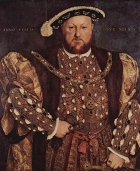
Faction in Tudor England
ArticleClick to view -

Helping Year 8 to understand historians’ narrative decision-making
ArticleClick to view -

Helping Year 9 to engage effectively with ‘other genocides’
ArticleClick to view -

Historical anniversaries calendar
ArticleClick to view -

History Teaching in Belarus: Between Europe and Russia
ArticleClick to view -

Home Rule for Ireland - For and against
ArticleClick to view -
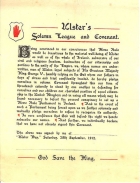
Irish Unionism 1885-1922
ArticleClick to view -
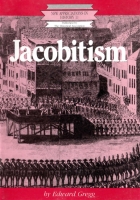
Jacobitism
ArticleClick to view -
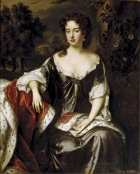
Limited Monarchy in Great Britain in the Eighteenth Century
ArticleClick to view -

Peterloo: HA interview with Mike Leigh and Jacqueline Riding
ArticleClick to view -
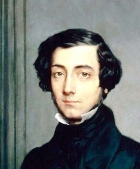
Podcast: Re-imagining Democracy
ArticleClick to view -

Polychronicon 161: John Lilburne
ArticleClick to view -
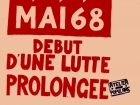
Polychronicon 162: Reinterpreting the May 1968 events in France
ArticleClick to view -

Polychronicon 171: Policing in Nazi Germany
ArticleClick to view -
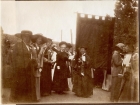
Polychronicon 174: Votes for Women
ArticleClick to view -
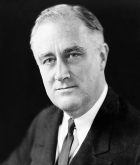
Polychronicon 177: The New Deal in American history
ArticleClick to view -

Punk, Politics and the collapse of consensus in Britain
ArticleClick to view

